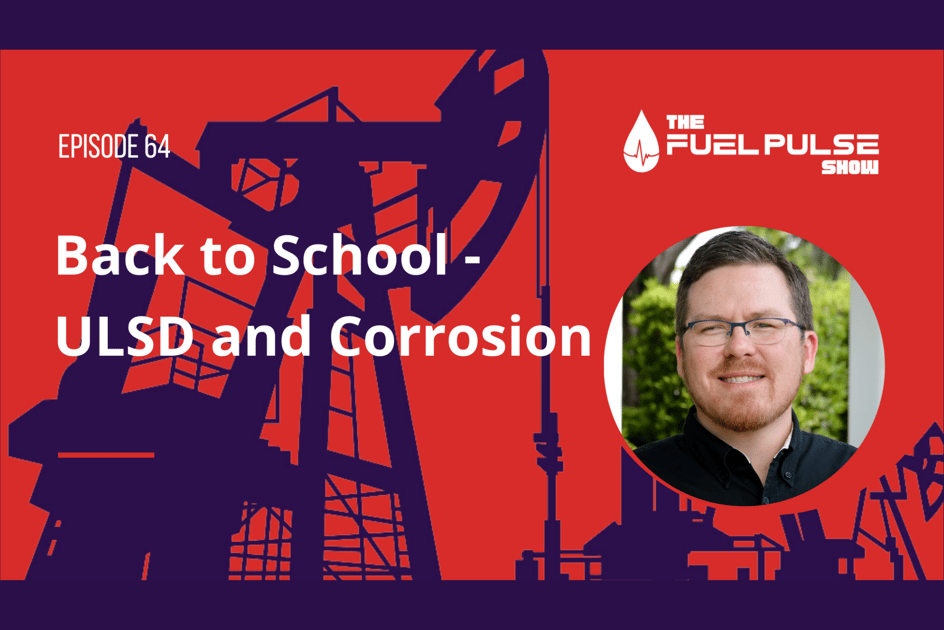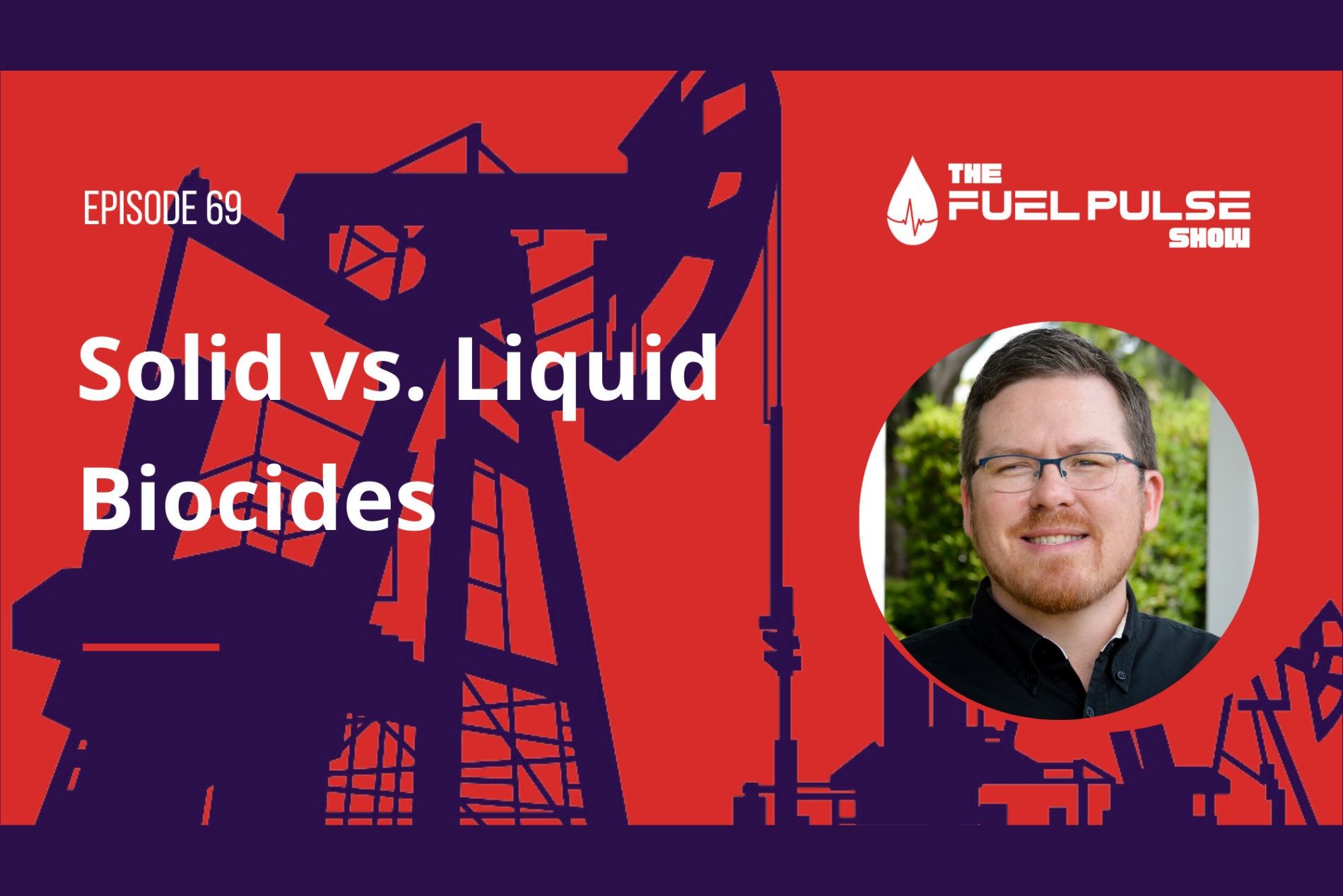Episode 062 - Back to School - Detecting and Solving Microbe Problems
This episode continues the Back to School series, focusing on identifying and treating microbial contamination in fuel systems. Erik Bjornstad...
1 min read
Erik Bjornstad : Nov 13, 2024 6:00:00 AM

In this educational episode, Erik Bjornstad explores the relationship between biodiesel and corrosion in fuel systems. He explains that while pure biodiesel (B100) can have corrosive properties, the common low-percentage blends (B2-B20) used in today's diesel fuel don't pose significant corrosion risks.
The episode clarifies that modern fuel systems using materials like stainless steel and aluminum are well-equipped to handle these blends. The real concerns with biodiesel additions center around increased water retention and potential microbe growth, rather than corrosion issues that are more commonly associated with higher-concentration blends.
Here are three notable quotes from the podcast episode:
[00:00:00] - Introduction and episode overview
[00:01:00] - Definition of biodiesel and blending basics
[00:02:00] - Reasons for biodiesel addition in fuel
[00:03:00] - Addressing common misconceptions about biodiesel
[00:04:00] - Water retention properties of biodiesel
[00:05:00] - Microbe problems and corrosion concerns
[00:06:00] - Chemical properties and metal interactions
[00:07:00] - Effects on rubber and plastic components
[00:08:00] - Analysis of different biodiesel blend impacts
[00:09:00] - Real concerns vs. theoretical problems
[00:10:00] - Episode summary and outro

This episode continues the Back to School series, focusing on identifying and treating microbial contamination in fuel systems. Erik Bjornstad...

This episode of the Fuel Pulse Show introduces a "Back to School" series, focusing on the differences between modern Ultra Low Sulfur Diesel (ULSD)...

Host Erik Bjornstad discusses solid biocide sticks (also known as bug sticks) and their use in fuel management. While these sticks offer the apparent...